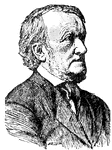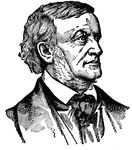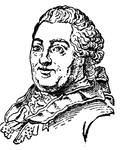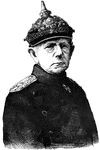
Helmuth Karl Bernhard Graf von Moltke the Elder
Helmuth Karl Bernhard Graf von Moltke (26 October 1800, Parchim, Mecklenburg-Schwerin – 24 April 1891,…
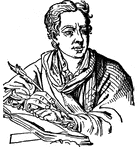
Johann Joachim Winckelmann
(1717-1768) German archeologist and art historian. Author of History of the art of Antiquity.
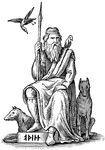
Woden or Odin, Germanic and Norse God, Seated with His Wolves and Crows
Illustration of the god called Woden in Germanic mythology and Odin in Norse mythology. Much like Zeus…
